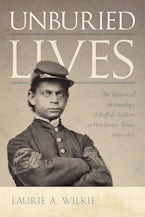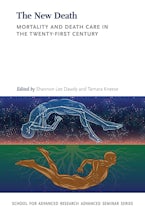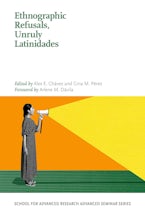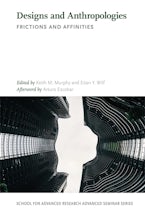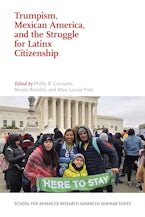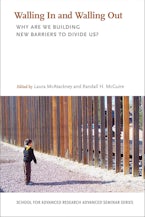- Home
- School for Advanced Research Advanced Seminar Series
- social science
- Governing Gifts
This collection investigates the intersections between faith-based charity and secular statecraft. The contributors trace the connections among piety, philanthropy, policy, and policing. Rather than attempt to delimit what constitutes so-called faith-based aid and institutions or to reify the concept of the state, they seek to understand how faith and organized religious charity can be mobilized--at times on behalf of the state--to govern populations and their practices. In exploring the relationship between faith-based charity and the state, this volume contributes to discussions of the boundaries between public and private realms and to studies on the resurgence of religion in politics and public policy. The contributors demonstrate how the borders between faith-based and secular domains of governance cannot be clearly defined. Ultimately the book aims to expand the parameters of what has typically been a US-centric discussion of faith-based interventions as it explores the concepts of faith, charity, security, and governance within a global perspective.
Erica Caple James is an associate professor of medical anthropology and urban studies at MIT.
"As James explains in her comprehensive introduction, the impressive breadth of this project is meant to expand the conversation beyond naïve Americentrism--and it certainly works."--Troy Mikanovich, Reading Religion
Acknowledgments
Chapter One. Introduction: The Varieties of Religious Governance
Erica Caple James
Chapter Two. A Believing and Benevolent Nation: Religious Mobilization as Infrastructural Power in American Political Development
Elisabeth S. Clemens
Chapter Three. The End(s) of Compassion? Buddhist Charity and the State in Taiwan
C. Julia Huang
Chapter Four. Subjecting the State to Seeing: Charity, Security, and the Dispossessed in Iran's Islamic Republic
Arzoo Osanloo
Chapter Five. Prisons of Charity: Christian Exceptionality and Decarceration in Ecuador's Penal State
Chris Garces
Chapter Six. "We haven't risked our life for food and shelter": Mediterranean Migrations, Contentious Charity, and Justice
Maurizio Albahari
Chapter Seven. Hostile Charity: Somali Refugees and Risk in a New Security Age
Catherine Besteman
Chapter Eight. Policing Philanthropy and Criminalizing Charity in the "War on Terror"
Erica Caple James
Chapter Nine. Prophets and Profits: The Jordanian Government's Strategies for Defining and Containing Risk in Volatile Times
Sarah A. Tobin
Chapter Ten. Islamic Charities, Calculative Regimes, and the Promotion of Entrepreneurial Subjects in Egypt
Mona Atia
Chapter Eleven. Neoliberal Faith: Risk and the Representation of Death in Indonesia
Daromir Rudnyckyj
Chapter Twelve. Epilogue: Faith-Based Charity and Neomodern Statecraft
Erica Caple James
References
Contributors
Index
School for Advanced Research Press

